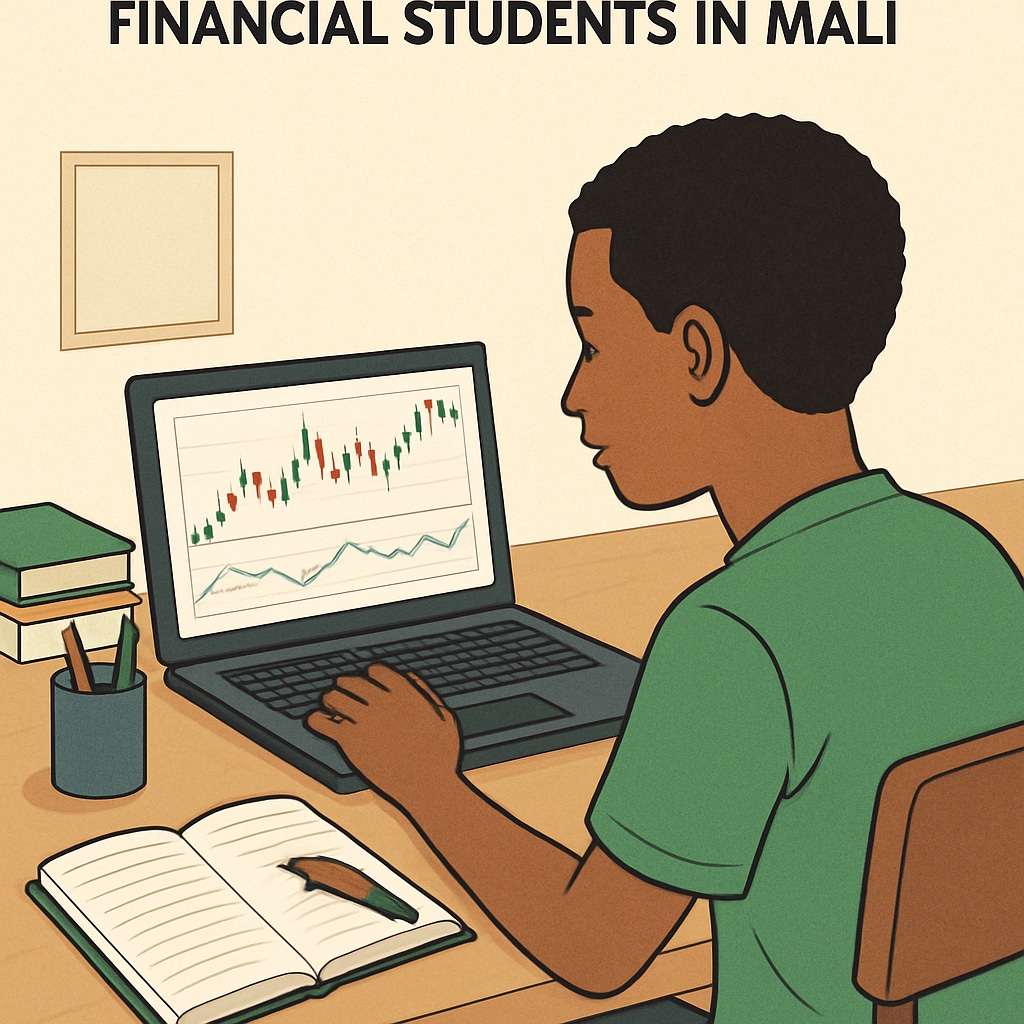For students pursuing financial careers in developing countries like Mali, the path to professional success is often fraught with challenges. Limited educational resources, a constrained job market, and fierce competition present significant barriers. However, solutions such as self-improvement, studying abroad, and exploring innovative career paths offer hope for aspiring professionals seeking to thrive in the global economy.

Challenges in Financial Education and Employment in Mali
Mali’s financial education system faces considerable limitations, making it difficult for students to gain the skills required to compete in international markets. While local universities offer financial degrees, the curriculum often lacks practical components such as exposure to global financial systems or advanced technologies like blockchain and AI. As a result, graduates frequently struggle to bridge the gap between academic knowledge and industry demands.
Additionally, the job market in Mali is highly constrained, with a limited number of positions available in banks, investment firms, and corporate financial departments. This scarcity leads to intense competition, leaving many graduates underemployed or working in unrelated fields.
Exploring Global Opportunities: Study Abroad and Self-Learning
One viable solution for Mali’s financial students is studying abroad. Countries with advanced financial systems, such as the United States, the UK, or Canada, provide access to cutting-edge educational resources, networking opportunities, and exposure to diverse career paths. Scholarships and financial aid programs can help make these opportunities more accessible, such as Scholarships.com or Chevening Scholarships.
Another alternative is self-learning, which allows students to gain critical skills without leaving their home country. Resources such as online courses, webinars, and certifications from platforms like Coursera and LinkedIn Learning provide cost-effective ways to master subjects like financial analysis, risk management, and investment strategies. These tools also empower students to stay updated with industry trends and technologies.

Innovative Career Paths for Financial Graduates
To overcome local employment challenges, financial graduates in Mali can explore innovative career paths. Entrepreneurship is one such option, where individuals can leverage their financial expertise to start businesses or offer consulting services. Fintech (financial technology) is another promising avenue, as digital payment systems and mobile banking solutions are rapidly growing across Africa.
Networking with international professionals through LinkedIn or attending global financial conferences can also open doors to remote work opportunities. Many multinational companies are now hiring remote talent, providing financial graduates in Mali with the chance to contribute to international projects without relocating.
In conclusion, while financial students in developing countries like Mali face significant obstacles, there are actionable strategies to achieve professional success. By pursuing self-learning, studying abroad, or exploring innovative career paths, these aspiring professionals can navigate the challenges and carve out a rewarding future in the global financial landscape.
Readability guidance: This article uses short paragraphs and lists to enhance readability. It incorporates active voice, transition words, and accessible language for clarity and engagement.


